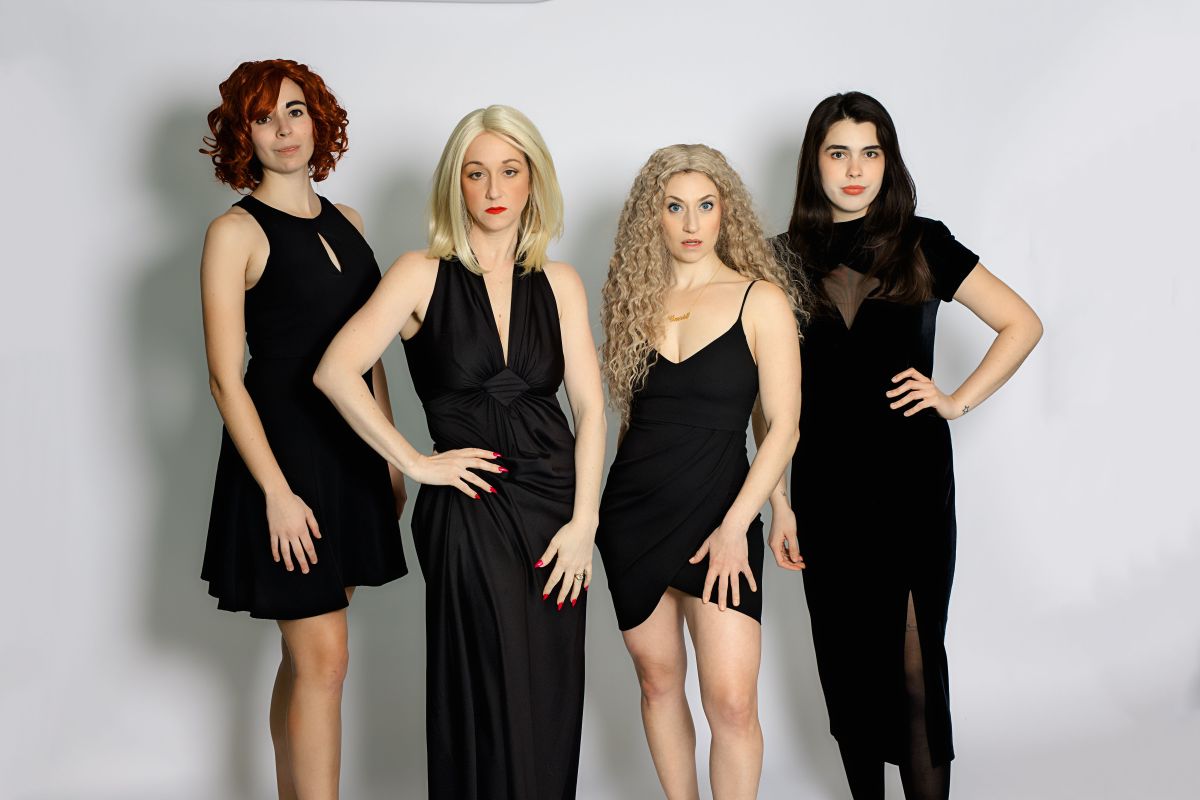By Dan Burns and Steve Keating
GANGNEUNG, South Korea (Reuters) – Japan carried the day on Wednesday when the long-time national rivalry with North Asian neighbors North and South Korea spilled on to Olympic ice, beating Korea’s unified women’s ice hockey team 4-1 in a game of firsts for both teams.
For the Japanese, it marked their first Olympic win in women’s ice hockey. The Koreans, meanwhile, found the back of the net for the first time to send the arena wild.
Randi Heesoo Griffin took a pass from Park Yoonjung and fought her way up the right wing before sending the puck toward Japan goaltender Akane Konishi and watching it dribble between her pads.
“I’m definitely not a hero,” said Griffin, one of half a dozen North American players with Korean heritage in the team. “It was a pretty crappy goal that took a couple bounces and went into the net.”
When Korea finally scored almost exactly halfway through the game, the crowd erupted with a roar and waved thousands of white and blue unification flags.
“It was so loud after Randi scored, we couldn’t even hear each other talk on the bench,” Korea coach Sarah Murray said.
“We kind of gave each other a hug and then got refocused, ready for the next shift.”
It was easily the most evenly matched game the two teams have played, especially Korea who had been outscored by 8-0 margins in both previous games.
Japan opened the scoring a little over a minute into the game when Hanae Kubo one-timed a pass in front of the net past Korean goalie Shin So Jung.
AShoko Ono scored on the powerplay, knocking home a rebound on a shot from Shiori Koike, Japan’s Koike provided an insurance goal late in the third period and Rui Ukita put away an empty netter with about a minute left.
“It is very special to win against Korea, and I feel really great, especially considering the fact that we came here as an away team and we still won,” Japanese captain Chiho Osawa said.
MORE POLITICS
The event was rife with political and cultural overtones, with fans waving flags depicting a unified Korea, some showing the disputed Japanese islands of Dokdo. Tensions have long simmered between the two countries following Japan’s colonization of the Korean peninsula between 1910 and 1945.
Japanese fans started chants of “Let’s go Japan”, only to be met with Korean chants of “You are doing great Korea” and “Let’s win Korea”.
“There’s a lot of history between our nations, but this is sports. People have all been very friendly toward me. Let’s all just enjoy the game,” said Japanese spectator Osamu Funatsu, 46.
The Korean women’s team have become a showcase at the Olympics since it was decided to include 12 players from the North on the roster.
“It’s too bad that the joint team didn’t have much time to practice together, but the idea itself I thought was good,” said Ra Jong-tae, a South Korean public sector official from Sejong City.
North Korea’s cheerleading squad was on hand for a third straight game, scattered in groups of several dozen around the arena and clad in red tracksuits.
At the end, fans showered the ice with soft toys as the Korean players bowed to their coaches.
The game marked the end of the road for both teams’ quests for an Olympic gold medal. The two now proceed to the classification round, playing against losers of the quarter- final games.
(Writing by Dan Burns; Additional reporting by Soyoung Kim, Elaine Lies, Steve Keating, Hyunjoo Jin, James Pearson and Grace Lee; editing by Ed Osmond)
















